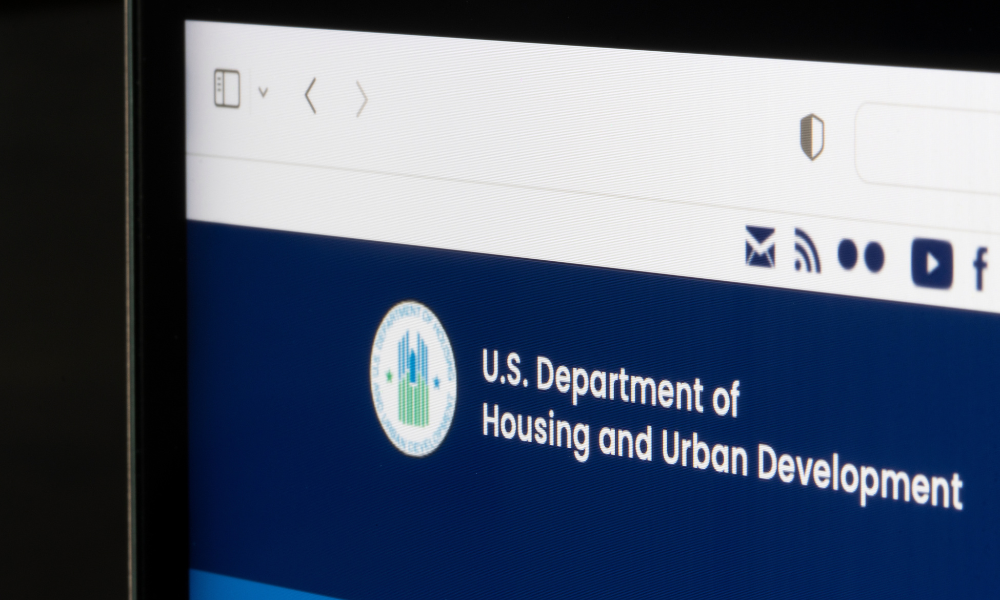HUD appointees with private-sector ties gain access to sensitive housing data

Recent appointments at the Department of Housing and Urban Development (HUD) have raised concerns over data security and potential conflicts of interest, as two real estate executives with ties to the private sector have been brought in to cut costs within the department.
Scott Langmack, the COO of real estate analytics firm Kukun, and Michael Mirski, a mobile-home park operator with TCC Management, are among the latest additions to DOGE’s cost-cutting initiative at HUD.
Their new roles give them access to a vast database of US housing information, including federally insured mortgage records, homelessness statistics, and environmental hazard reports, Curbed reported.
Access to sensitive data
Langmack’s firm, Kukun, provides real estate investors with data-driven insights, including home renovation costs, rental pricing strategies, and property valuation forecasts. Like many proptech companies, it differentiates itself by leveraging hard-to-find real estate data to help investors maximize profits.
Now, in his new role within HUD, Langmack has access to one of the largest housing datasets in the country, which includes mortgage records, construction permits, environmental risks, homelessness statistics, and other federal housing data. According to Wired, HUD databases also contain sensitive personal records, including medical and immigration details for Section 8 housing recipients and the addresses of domestic-violence shelters – information that private real estate executives typically wouldn’t have access to.
Langmack previously worked in marketing and tech before entering the real estate sector. His background includes stints at Pepsi, Microsoft, and various tech startups before shifting into peer-to-peer lending and real estate investing during the 2008 financial crisis. It remains unclear whether he has formally stepped down from his position at Kukun, raising concerns about whether his HUD role could benefit his private company.
Conflict of interest
The second real estate executive at DOGE, Michael Mirski, is currently on a six-month leave from TCC Management, a company that operates mobile-home parks across the US. His work has depended heavily on data access, and his new role places him in a position of influence over HUD’s mobile-home oversight policies.
TCC Management’s business model, according to previous reports, involves acquiring mobile-home parks and raising rents on the land underneath the homes. This practice can trap low-income homeowners, who often lack the financial flexibility to relocate or purchase new housing.
While Mirski is officially on leave from TCC, his access to HUD’s data and regulatory framework for mobile-home communities raises concerns about a potential conflict of interest.
Mortgage industry on alert
The appointments come amid broader HUD budget and staffing cuts, including job losses at FHA and Ginnie Mae, key agencies in the mortgage market. While mortgage professionals have generally supported the Trump administration’s push for deregulation, there is growing concern that mass layoffs and budget reductions could disrupt FHA loan processing and Ginnie Mae-backed securities.
Read more: Ginnie Mae squeezed by DOGE
A $1.9 billion accounting discrepancy recently uncovered by the DOGE task force has only deepened concerns. While officials claim the funds were “misplaced” during the Biden administration, no clear details have been provided, and some of the blame has been placed on a veteran mortgage servicer.
For now, mortgage-backed securities (MBS) traders and servicers said they have not seen any delays in approvals for mortgage servicing rights (MSR) transactions. However, some in the industry fear that could change.
Stay updated with the freshest mortgage news. Get exclusive interviews, breaking news, and industry events in your inbox, and always be the first to know by subscribing to our FREE daily newsletter.



